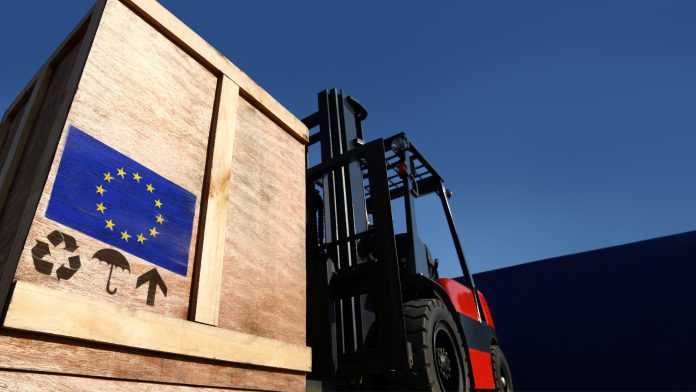Exports from developing countries to the European Union using special tariff preferences under the EU’s Generalised Scheme of Preferences (GSP) reached a new high of €69bn in 2018.
According to the European Commission’s report, exports to the EU from the 71 GSP beneficiary countries increased to almost €184bn. Nearly €69bn of these used GSP special preferences.
High Representative for Foreign Affairs and Security Policy/Vice-President of the European Commission Josep Borrell commented: “Trade is one of the crucial tools the EU has at hand to address, support and improve human rights, labour rights and good governance, which are pillars of sustainable development, around the world.
“Through the EU’s Generalised Scheme of Preferences, we support developing countries to grow and advance in a sustainable way, not least when it comes to climate action. Our preferential trade tariffs help to take thousands out of poverty, to reduce inequalities, and to bring economic growth.”
The Generalised Scheme of Preferences removes import duties on developing countries’ exports to the EU. By creating additional export opportunities, it helps the countries to tackle poverty and create jobs while also respecting sustainable development principles. For instance, today’s report shows that, thanks to the GSP, countries like Sri Lanka, Mongolia and Bolivia are more effectively tackling child labour.
The EU’s trade agenda contributes to the United Nations Sustainable Development Goals around the world. The preferences provide beneficiary countries with an incentive to take further steps towards effectively implementing international conventions related to human rights, labour rights, environment and good governance.
Continued challenges for GSP beneficiaries
Challenges remain in many of the 71 GSP beneficiary countries, including when it comes to restrictions on civil society and freedom of the media, access to justice, minorities’ rights, capital punishment and freedom of association. Insufficient progress, including in some of the largest beneficiaries, has resulted in the EU increasing its monitoring and enhancing its engagement, regarding human rights and labour rights.
The report looks at the extent to which GSP countries make the most of the scheme. It also examines several overarching issues such as the freedom of civil society to operate, progress on tackling child labour, and environmental and good governance concerns. The report gives examples of how the EU works with all stakeholders, such as civil society, international organisations – the United Nations and International Labour Organization monitoring bodies – and beneficiary country authorities to make GSP more effective and to make sure that trade and values advance simultaneously.
Commissioner for Trade Phil Hogan said: “Thanks to our trade preferences, the EU imports twice as much from least developed countries as the rest of the world does.
“This trademark tool of the EU’s trade policy underpins millions of jobs in the world’s poorest countries and acts as an incentive to countries to implement international conventions on human rights, labour rights, good governance and the environment.”







